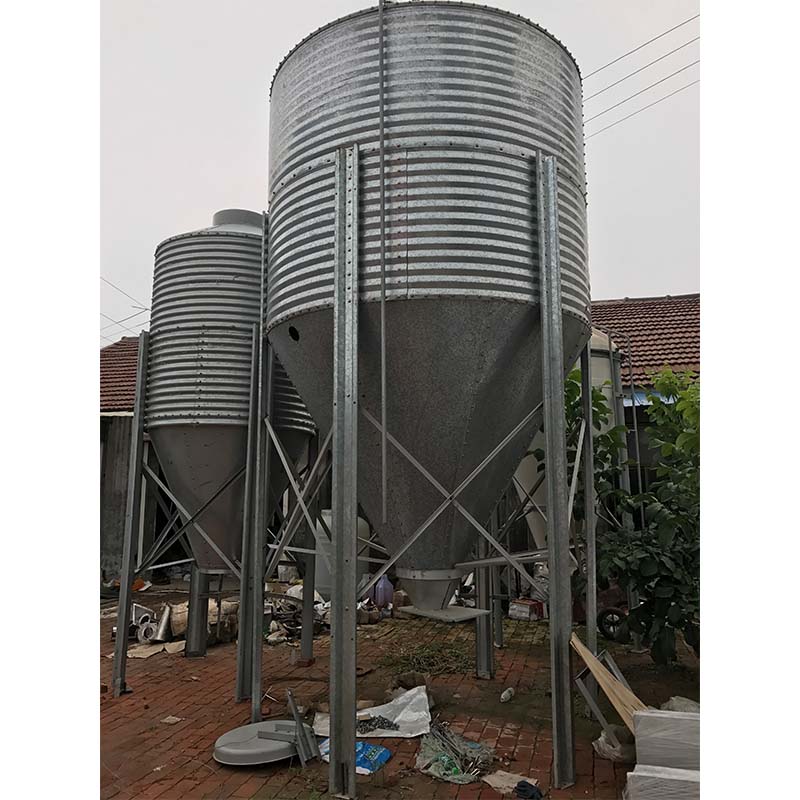Affordable Small Aquatic Feed Production Equipment for Sustainable Fish Farming
Desemba . 19, 2024 02:51 Back to list
Affordable Small Aquatic Feed Production Equipment for Sustainable Fish Farming
The Importance of Small Fish Feed Machines in Aquaculture
In the rapidly evolving world of aquaculture, the demand for efficient and high-quality fish feed has never been more critical. One innovative solution addressing this demand is the small fish feed machine. This equipment has become increasingly popular among both small-scale fish farmers and larger aquaculture operations for its ability to produce nutritious and well-balanced feed tailored to the specific needs of various fish species.
What is a Small Fish Feed Machine?
A small fish feed machine is a compact, often portable device designed for the production of fish feed pellets. These machines typically combine grinding, mixing, and extrusion processes to create high-quality feed that is compact and easy for fish to consume. They vary in capacity, enabling different scales of fish farming operations to find a model that fits their specific needs.
Benefits of Using Small Fish Feed Machines
1. Cost-Effective Production One of the most significant advantages of small fish feed machines is their cost-effectiveness. By producing feed on-site, fish farmers can significantly reduce the costs associated with purchasing commercially made fish feed, which can be quite expensive. This not only helps in saving money but also allows farmers to allocate resources to other crucial areas of their operations.
2. Customization of Feed Different species of fish have varying dietary requirements. Small fish feed machines offer the flexibility to create customized feed recipes tailored to the nutritional needs of specific fish species. Farmers can adjust the formulation by adding different types of ingredients, ensuring that their fish receive the optimal balance of proteins, fats, and vitamins necessary for healthy growth.
small fish feed machine

3. Consistent Quality Producing feed in-house allows for greater control over the quality of ingredients used. Farmers can ensure that they are using fresh, high-quality raw materials free from harmful additives that may be found in some commercially produced feeds. This not only results in better fish health but also enhances the overall quality of the end product.
4. Sustainability With the global emphasis on sustainable practices, small fish feed machines can significantly reduce the carbon footprint associated with fish feed production. By minimizing transportation needs and using locally sourced ingredients, these machines contribute to more sustainable aquaculture practices.
5. Ease of Use and Maintenance Modern small fish feed machines are designed to be user-friendly, enabling farmers with varying levels of technical expertise to operate them efficiently. Additionally, many of these machines require minimal maintenance, further enhancing their appeal to small and medium-scale aquaculture operations.
Contribution to Local Economies
Beyond the direct benefits to fish farmers, small fish feed machines can also contribute positively to local economies. By enabling farmers to produce their own feed, they can increase the output and profitability of their fish farms. This, in turn, has a ripple effect on local communities by creating jobs and stimulating related industries, such as local ingredient suppliers and equipment maintenance services.
Conclusion
In conclusion, small fish feed machines are revolutionizing the aquaculture industry by providing farmers with a tool to produce high-quality, customized fish feed at a fraction of the cost of traditional methods. Their ability to enhance productivity, improve feed quality, and support sustainable practices makes them an essential asset for fish farmers. As the aquaculture sector continues to grow, investing in small fish feed machines may very well be a crucial step for those looking to thrive in this competitive market.
-
High Performance Exhaust Fan – Efficient Ventilation Solutions for Home
NewsJun.10,2025
-
High-Quality Gestation Pen for Sows Durable Mobile Pig Pen & Simple Pig Pen Solutions
NewsJun.10,2025
-
High Quality Rabbit Cage Double Tier Designs & Welded Wire Mesh Supplier
NewsJun.10,2025
-
Floating Fish Feed Machine - High Efficiency Floating Fish Feed Extruder for Small Scale Production
NewsJun.10,2025
-
Premium Poultry Housing Solutions Mobile & Commercial Free Range Options
NewsJun.10,2025
-
Industrial FRP Fans Corrosion-Resistant Blades & Centrifugal Systems
NewsJun.09,2025






